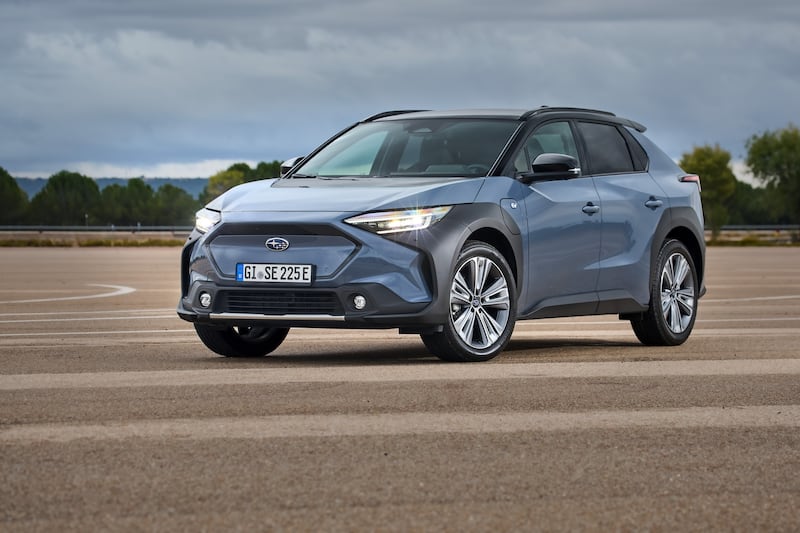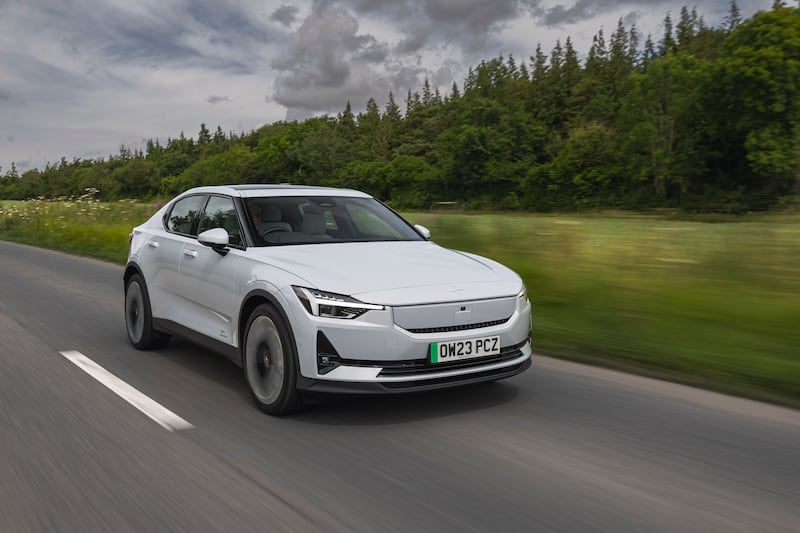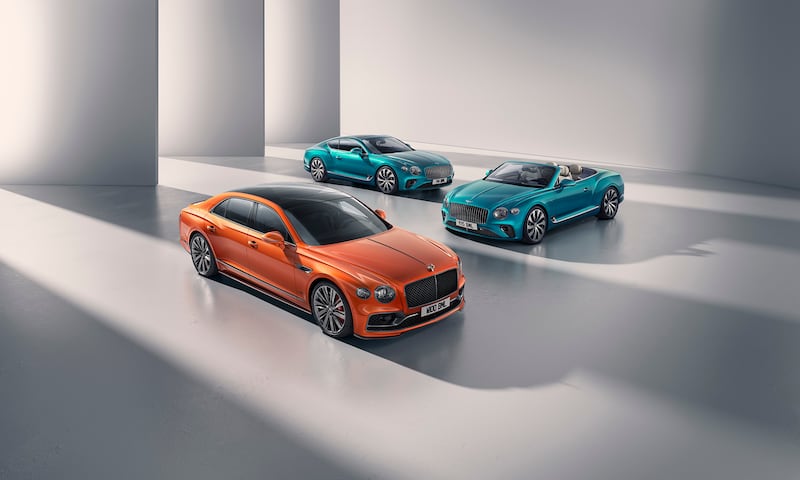Last year was an overwhelmingly positive time for the UK automotive industry.
New car registrations increased by 17.9 per cent to just over 1.9 million units – almost 300,000 higher than in 2022. That’s according to the trade body the Society of Motor Manufacturers and Traders (SMMT), which says 2023 was the best 12 months since before the pandemic with the year coming to a close after 17 consecutive months of growth.
But while most car manufacturers saw their registrations increase in 2023, it wasn’t the case for everyone, with some recording significant losses. Let’s take a look at the winning and losing car manufacturers in 2023.
Winners
GWM Ora – Up 1,240 per cent

GWM Ora is one of the new Chinese car brands that have launched in the UK, and on paper, it looks to be doing well, with its sales growing a huge 1,240 per cent in 2023. The figures do need to be taken with a pinch of salt, however, as the firm only launched right at the end of 2022, and only sold 68 cars that year as a result.
Fast forward to 2023 and it registered 911 cars during the year, though it still only has a single model – the electric Funky Cat hatchback. While Ora is set to introduce a new saloon in early 2024, it’s unlikely to have a significant impact on its sales.
Cupra – up 78.39 per cent

Cupra is a brand that continues to grow. The firm split from Seat in 2018, and since then its success has often been to the detriment of its sibling brand. However, in 2023 both firms grew considerably, but it was Cupra especially that had a great year – increasing its sales by 78.39 per cent to 25,658 registrations.
It means Cupra now sells more cars than the likes of Honda, and its success is unlikely to stop with the introduction of two new SUVs in 2024 – the electric Tavascan and mid-size Terramar.
Subaru – up 73.18 per cent

Subaru has had a disappointing few years, with some even believing that the firm might withdraw from the UK owing to its weak results. But it had a turn of good fortune in 2023, with sales growing by 73.18 per cent to 2,409 registrations.
That’s still a small number in the grand scheme of things, with Subaru holding just a 0.13 per cent share of the market last year. But growth should be celebrated nonetheless, with the introduction of an updated version of the trusty Forester and the first full year with its Solterra EV helping.
Polestar – up 70.77 per cent

Polestar’s growth is only heading one way and that’s upwards, with this Swedish electric car brand increasing its registrations by 70.77 per cent to 12,543 units in 2023. What makes the achievement all the more impressive is that it only currently sells one car – the Polestar 2.
Despite Polestar being a fairly new brand, the ‘2’ was the fifth most popular electric car in 2023, ahead of electric cars from Volkswagen and BMW. This year Polestar will introduce the ‘3’ as a full-size SUV, and this is expected to help it grow considerably.
MG – up 59.23 per cent

One of the most impressive automotive success stories in recent years is MG, which continues to grow, with registrations up by 59.23 per cent in 2023 to 81,289 units – 30,000 more than the previous year.
MG now sells more cars than Peugeot and Skoda and isn’t far behind Hyundai and Nissan either. A lot of the growth came from the first full year of the MG4 hatchback, which was the UK’s second most popular electric car overall in 2023.
Losers
Abarth – down 42.62 per cent

But it wasn’t a great year for all, as Abarth’s disappointing figures show. This firm makes sportier versions of the Fiat 500, and while has never sold cars in big numbers, its sales slipped by 42.6 per cent in 2023 to just 886 units.
This is despite the introduction of the electric Abarth 500e, its first new car in years, though it has been stung by a high price and fairly small electric range. It will be interesting to see if Abarth can grow again in 2024.
Smart – down 37.50 per cent

You might know Smart for its funky little city cars, but in the middle of the year, it relaunched with a new line-up of more conventional electric SUVs – appealing to a completely different audience than its existing buyers.
With sales of the city cars stopping early in 2023 and the #1 crossover not being introduced until later in the year, this helps to explain the 37.5 per cent drop in registrations to just 785 units. As the #1 grows momentum and Smart introduces the #3 as a more coupe-styled crossover, you can expect its sales to grow in 2024.
DS – down 34.59 per cent

French premium brand DS has always struggled in the UK, and despite now having its widest range of models ever, it’s had no impact on its 2023 sales, which fell by 34.59 per cent to just 2,403 units.
While its cars offer plenty in the way of style and technology, and there are even various hybrid and electric models, buyers continue to overlook them in favour of more well-established premium marques. With very little in the pipeline for DS in 2024, it’s unlikely to improve its fortunes.
Bentley – down 19.46 per cent

Bentley had a bumper few years in the Covid pandemic as the Volkswagen Group prioritised the production of its models because they were the most profitable. But since then its sales have fallen in the UK, and were down by 19.46 per cent to 1,312 registrations in 2023.
However, Bentley continued to reiterate throughout last year that it wasn’t chasing volume, and rather focusing on the profit from each car it makes instead.
Fiat – down 15.74 per cent

It was a disappointing year for the Stellantis group in the UK in 2023, with three of its eight brands seeing sales tumble. That includes Fiat, which felt registrations fall by 15.74 per cent to a disappointing low of 16,598 registrations.
While the chic 500 still sells well, its other cars like the Panda, Tipo and 500X are well off the pace. Fiat will introduce the new electric 600e crossover in 2024, which should help its fortunes, albeit not significantly.


